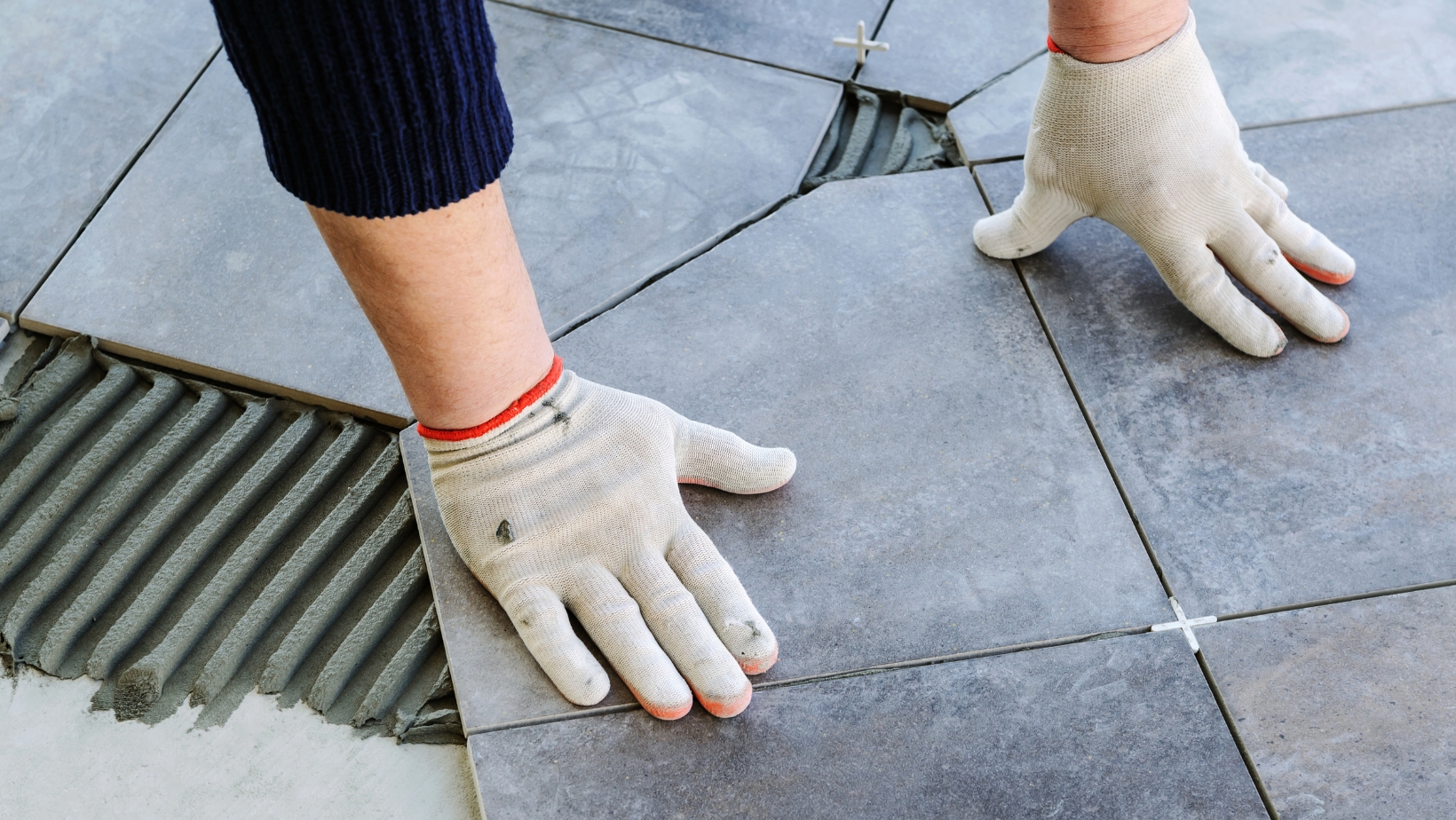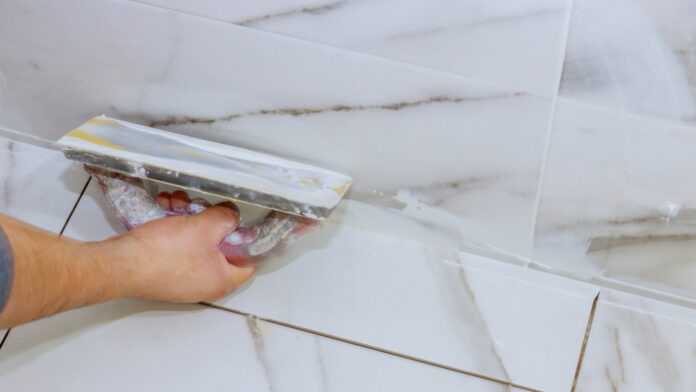Wondering if you can use a 1/4 trowel for installing 12×24 tiles? It’s a common question among DIY enthusiasts and beginners in the world of tile installation. Well, let me shed some light on this topic and help you make an informed decision.
When it comes to selecting the right trowel size for your tile project, it’s crucial to consider factors like tile thickness, size, and material. The general rule of thumb is that larger tiles require larger notches on the trowel to ensure proper adhesive coverage and prevent issues such as lippage.
In the case of 12×24 tiles, which are considered large format tiles, using a 1/4 inch square-notched trowel may not provide adequate coverage. These larger tiles tend to be heavier and more prone to warping or unevenness during installation. To achieve optimal adhesion and minimize potential problems, it’s recommended to use a larger-sized trowel with deeper notches, such as a 1/2 inch square-notched or a v-notch trowel.
Remember that every tile installation project is unique, so it’s always wise to consult the manufacturer’s recommendations or seek advice from experienced professionals before making your final decision. Investing in the right tools and techniques will ensure a successful outcome for your tiling endeavors.
Recommended Trowel Sizes for 12×24 Tiles
When it comes to tiling projects, selecting the right trowel size is crucial for achieving proper adhesive coverage. If you’re wondering whether you can use a 1/4 trowel for 12×24 tiles, let’s dive into the recommended trowel sizes for this specific tile dimension.
For 12×24 tiles, it is generally recommended to use a larger notched trowel size to ensure sufficient mortar coverage and prevent issues such as lippage. A good starting point would be a 1/2 inch notched trowel or even a larger one, depending on the specific tile and substrate conditions.
Using a smaller notch size like a 1/4 inch trowel may result in inadequate mortar coverage, leading to weaker bond strength and potential tile failure over time. It’s important to follow industry guidelines and manufacturer recommendations when selecting the appropriate trowel size for your project.
Trowel Size Guidelines for Different Tile Sizes
While we’ve discussed the recommended trowel size specifically for 12×24 tiles, it’s helpful to understand some general guidelines that apply to different tile sizes. Here are some key points to consider:
- Smaller mosaic tiles (less than 2 inches) typically require smaller notched trowels like 3/16 or even 1/8 inch.
- For standard-sized ceramic or porcelain tiles (e.g., 6×6 or 12×12), a common choice is using a square-notched or U-notch trowel with notch sizes ranging from 1/4 inch to 3/8 inch.
- Larger format tiles (such as the aforementioned 12×24) often demand bigger notch sizes of at least half an inch or more.
Remember that these guidelines are just starting points, and other factors like tile thickness, substrate condition, and the type of adhesive being used can also influence the trowel size selection.

Can I Use 1/4 Trowel for 12×24 Tile
When it comes to installing 12×24 tiles, one common question that arises is whether a 1/4-inch trowel can be used. Let’s delve into this topic and shed some light on the matter.
The size of the trowel you use plays a crucial role in achieving proper tile installation. A trowel’s notched edge helps create an even layer of adhesive, ensuring adequate coverage and bonding between the tile and the substrate. Choosing the correct trowel size is essential to avoid potential issues down the line.
So, can you use a 1/4-inch trowel for installing 12×24 tiles? The answer depends on several factors:
- Tile type: Consider the material composition of your tiles. Porcelain, ceramic, or natural stone all have different requirements when it comes to adhesive coverage. It’s best to consult the manufacturer’s recommendations or guidelines for each specific tile type.
- Substrate condition: Assessing the condition of your substrate is equally important. If it’s level and smooth with no irregularities or depressions, using a smaller trowel may suffice. However, if there are significant variations in plane or imperfections, opting for a larger notch size might be necessary to compensate for any discrepancies.
- Adhesive consistency: The thickness and consistency of your adhesive also play a role in determining the appropriate trowel size. Thin-set mortar or adhesive should flow easily through the notches without excessive force or resistance.
Remember, achieving a successful tile installation requires careful consideration of various factors. Always refer to the manufacturer’s instructions and guidelines for your specific tiles and adhesive to ensure optimal results.
While using a 1/4-inch trowel for installing 12×24 tiles might be feasible under certain circumstances, it is generally recommended to use a larger notch size, such as 3/8 inch or even larger, to ensure proper coverage and adhesion. Consulting the manufacturer’s recommendations and considering the substrate condition will help you make an informed decision for your specific tile installation project.


